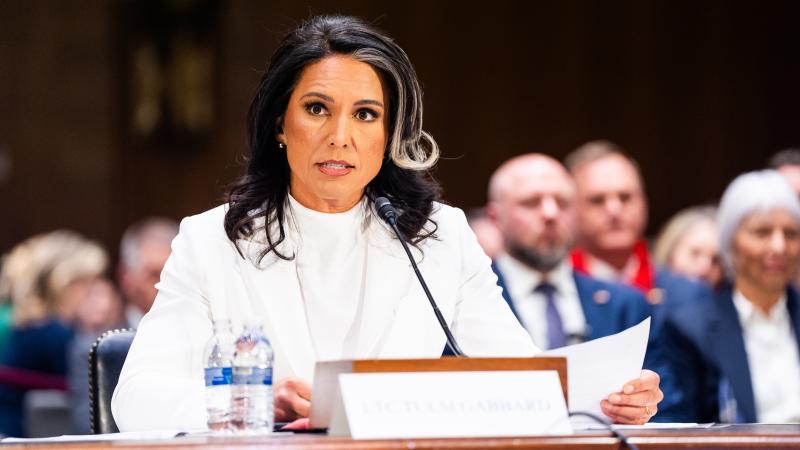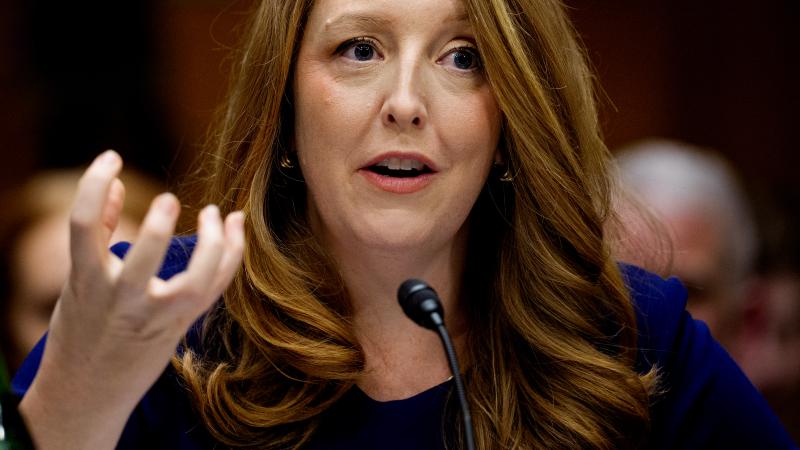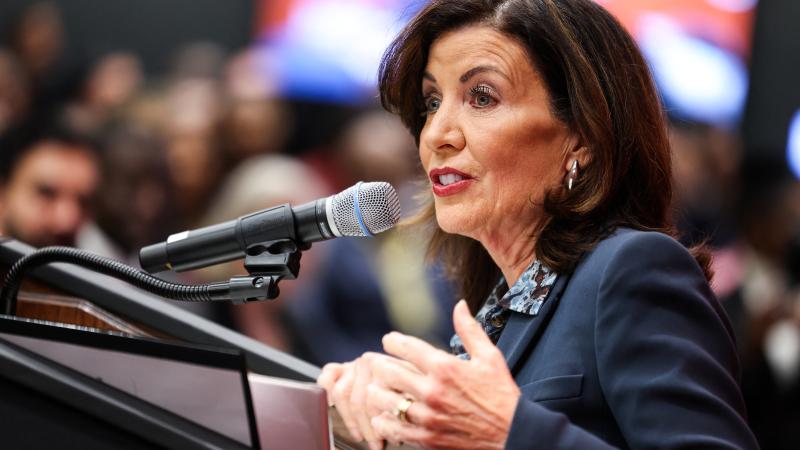Federal watchdog: Customs and Border Protection anti-terror unit investigated journalists
Disclosures among most recent examples of federal agencies using their power to examine contacts of journalists, others.
A Customs and Border Protection division used government databases intended to track terrorists to investigate as many as 20 U.S.-based journalists, according to a federal watchdog.
Yahoo News published a report on the investigation in which the news outlet also found the Counter Network Division also made quires on congressional staffers and perhaps members of Congress.
Jeffrey Rambo, an agent who acknowledged running checks on journalists in 2017, told federal investigators the practice is routine.
Rambo has been identified as the agent who accessed a reporter Ali Watkins' travel records. She worked for Politico at the time. His contact with her led to the inspector general's investigation.
Rambo was unavailable Saturday for a request by the Associated Press for comment.
The inspector general referred possible criminal charges for misusing government databases and lying to investigators, but the Justice Department declined to prosecute Rambo and two other Homeland Security employees, the according to the Associated Press.
The only person convicted as a result of Rambo's efforts is James Wolfe, a former Senate Intelligence committee security director who had a personal relationship with Watkins. He pleaded guilty to lying to the FBI about his contacts with reporters.
The Associated Press obtained a redacted copy of the Homeland Security Department's inspector general report, the revelations in which have concerns among news outlets and calls for an explanation, the wire service also reports.
Customs and Border Protection said such vetting and investigation efforts are "strictly governed by well-established protocols and best practices."
The new disclosures are among the most recent examples of federal agencies using their power to examine the contacts of journalists and others.
Attorney General Merrick Garland has stopped prosecutors from seizing the records of journalists in leak investigations with few exceptions.















